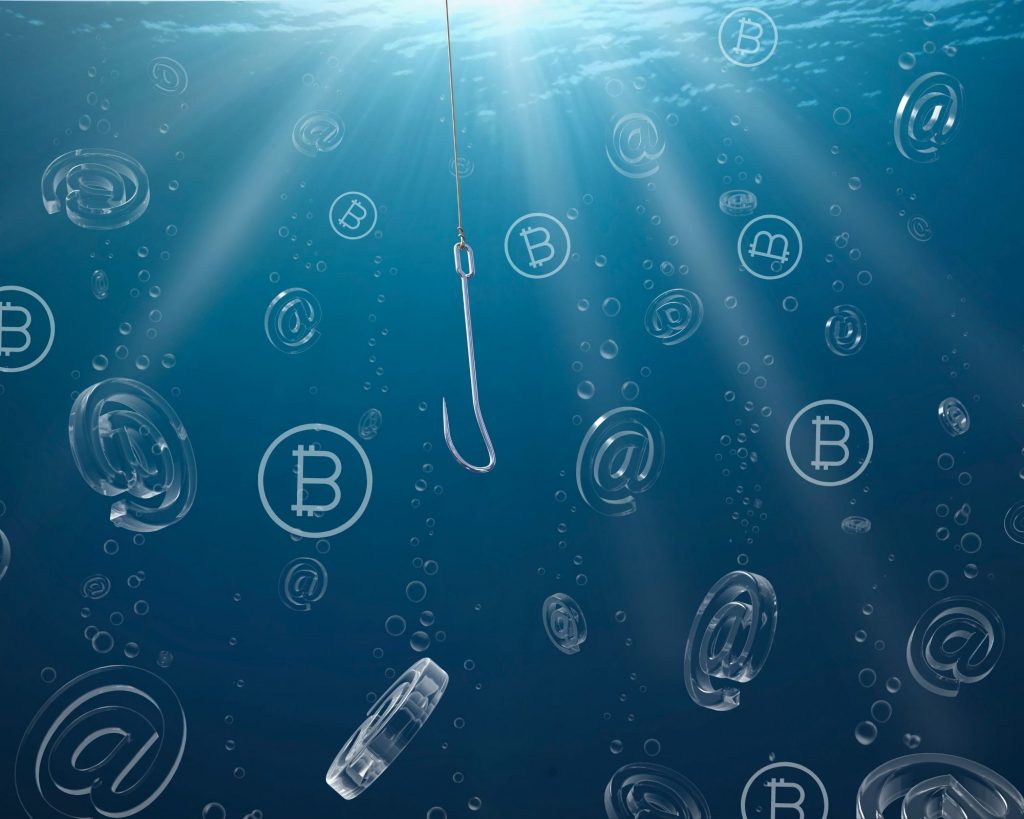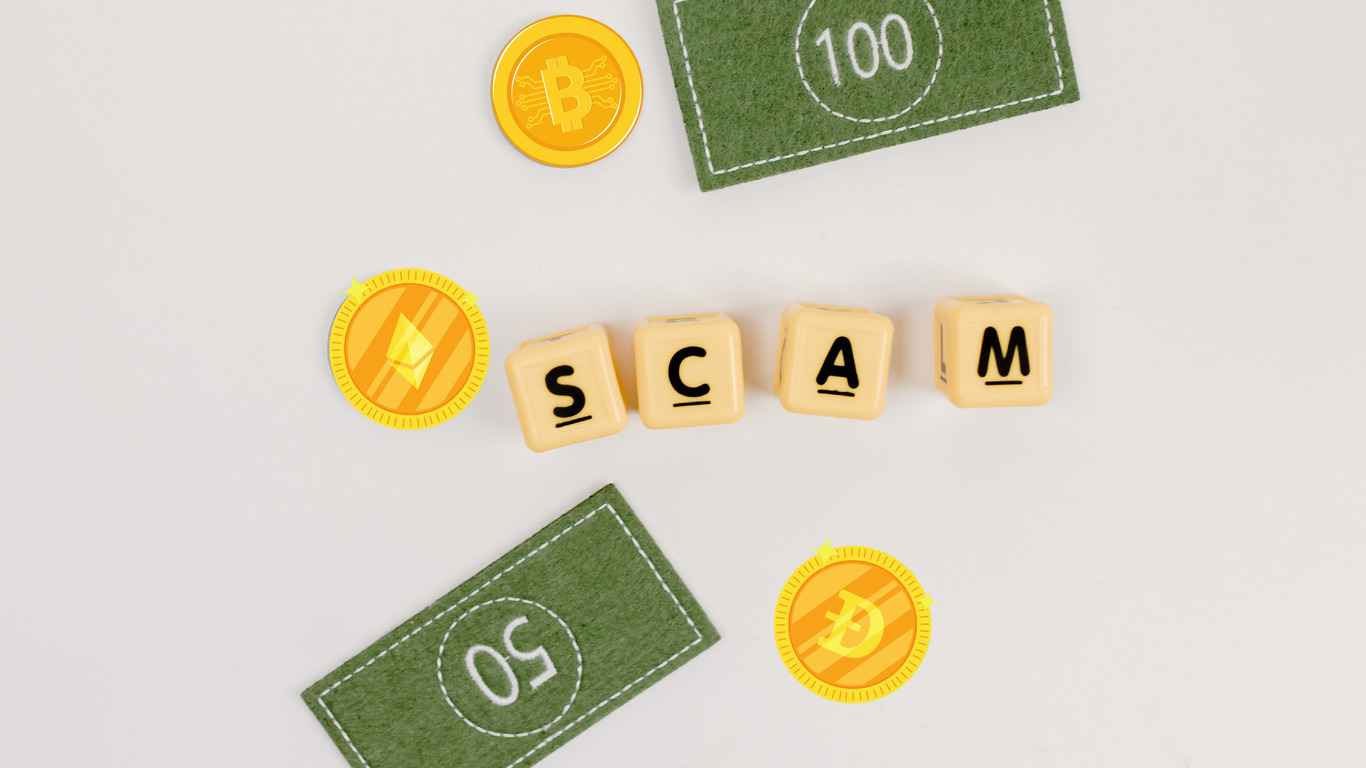The whole idea of crypto is to create a free economy of the future. But as cryptocurrency is decentralized and insufficiently regulated, it seduces fraudsters. Interest in the crypto sphere is booming now, so it is no big deal that scammers want to take advantage of new opportunities.
Do you know that in 2021 crypto scammers took a record $14 billion? That is a whole lot of money! If you have crypto in your portfolio and want to invest, exchange and trade it, here are 7 common crypto scams to look out for.
So read on if you want to keep your digital assets home and dry in 2022.
Mining malware
Mining is a process that generates coins but acquires lots of energy so scammers distribute malware miners that run at the expense of people’s computing resources.
In points 1-3 I will talk about different kinds of malware. To prevent malware infection, use this checklist, which is common to all:
- Be careful with e-mails with attachments (especially with file ends: .exe, .vbs, or .scr.) or suspicious ads and links;
- Enable potentially unwanted applications (PUA) detection;
- Use an email service that provides protection against malicious links and attachments;
- To block malicious websites, use a modern web browser that identifies phishing and malware websites and checks downloads for malware;
- Install an antivirus and scan for threats regularly;
- Keep your operating system up-to-date.
Phishing scam
Phishing is a type of attack when malicious information represents oneself as a trustworthy service.
There are many types of phishing. For example, it can be a phishing email, where scammers would ask you to click the link and fill in your credentials on the website to “secure your account”. To avoid them, always check URLs for mistakes. Better not clicking on any links, but type the address manually.
Also, it can appear as a copy of real exchange. Always check the developer before downloading.
The type that is now gaining popularity is social media phishing. It is when a scam account looks like a trustful account of an influencer. To avoid it, check the account for originality. Check Top Crypto Influencers page on CoinSocialStory, where you can find reliable ones to follow.

Clipboard hijacker malware
This kind of malware steals data from your clipboard that can be used to send money to scammers. Let me explain. For example, if you want to send Bitcoin to your friend having such malware, you’d copy your friend’s address, and the scammer’s address will automatically replace it. Sounds easy but hackers have stolen over $24,700,000 using this method.
Ransomware
Ransomware is an old type of fraud. The earliest one was developed in the 1980s and used snail-mail, but nowadays it’s still thriving. This is a type of malware that locks your device or valuable data until you pay the ransom. Unfortunately, nobody will guarantee you that the scammers keep their promise.
Fake airdrops and giveaways
This scam can be mostly found on Twitter. Fraudsters can ask you for a deposit to participate in a giveaway. To protect yourself, avoid taking part in such schemes as real giveaways will never ask you for any payments.
We do care for our users, so there is an Top Airdrop and Giveaway Tweets section on our website where there are some trustworthy tweets on the topic for you not to miss a juicy one.
Pyramid scheme
You can legitimately ask me: why did you include such an ancient type of scam in your top? I would answer: old is gold.
The pyramid scheme is a fraudulent investment model when you recruit members to the scheme and get their part of the money for it. This scheme can hide behind initial coin offering (ICO).
If you want to stay away from such scams, do your own research before buying a new coin.
Dating app scam
Crypto scams seem to be least expected when searching for a life partner or a one-night stand. I ought to warn you, according to the Federal Trade Comission (FTC), about 20% of romance scams are crypto. So, be cautious if your chosen one starts to convince you to buy some coin, or ask the money for “trading”.
Here is the bottom line
Wish you to keep and increase your assets. If you have any questions, please contact us.

